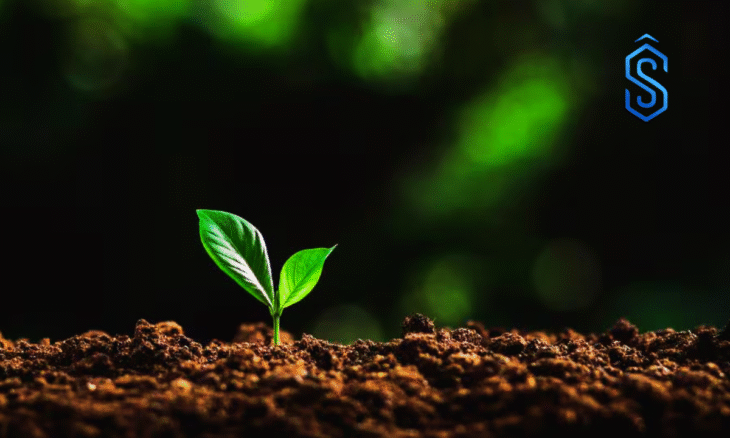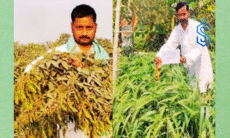New Delhi: India’s vegetable seed industry is set to grow into a $970 million vegetable seed hub by 2030, driven by focused policy reforms, increased R&D investment, and strategic use of biotechnology.
With the global vegetable seed market valued at $8.45 billion in 2024, experts at a national conference emphasized that India holds a unique opportunity to emerge as a global leader in seed production and exports.
Also Read: Rajan Gajaria to Lead Strategic Initiatives as Vice Chairman at Advanta Seeds
Organized by the Federation of Seed Industry of India (FSII), the conference titled ‘Role of Vegetable Seed Sector in Making India a Global Seed Hub’ brought together senior policymakers, industry leaders, and agricultural scientists to deliberate on the roadmap ahead.
“India’s transformation in horticulture is due to rich germplasm, diverse growing conditions, and increasing adoption of hybrid seeds,” said Dr P K Singh, Agriculture Commissioner, Ministry of Agriculture & Farmers Welfare. “Still, our global potential remains underutilized.”
According to Ajeet Kumar Sahu, IAS, Joint Secretary (Seeds), the Ministry is actively reforming seed regulations by streamlining licensing, enabling QR-based digital traceability through the SATHI platform, and investing in processing, storage, and testing infrastructure.
Vegetable Seed Hub: Key Markets in Southeast Asia and Middle East
India’s vegetable seed exports currently stand at $120 million annually, with key markets in Southeast Asia and the Middle East. However, unresolved regulatory challenges, including over 100 pending Pest Risk Analyses (PRAs), are estimated to have stalled $55 million in trade.
“To unlock India’s export potential and become a vegetable seed hub, we need a unified seed registration system and a single-window clearance process for exports,” said Rajvir Rathi, Vice Chairman, FSII, and Director at Bayer CropScience.
With over 300 formal seed companies and annual R&D investments exceeding $200 million, India’s private sector plays a dominant role, contributing 80–85% of total seed value.
Also Read: Syngenta India Launches Sustainable Farming Roadmap at BioAg Congress 2025
The sector supports more than 100,000 direct jobs, empowers women farmers, and provides nutritional benefits through biofortified vegetables, addressing hidden hunger and improving year-round rural incomes.
The conference concluded with a clear message: With rapid regulatory reform and continuous innovation, India can become the world’s most trusted and sustainable vegetable seed hub by 2030.





